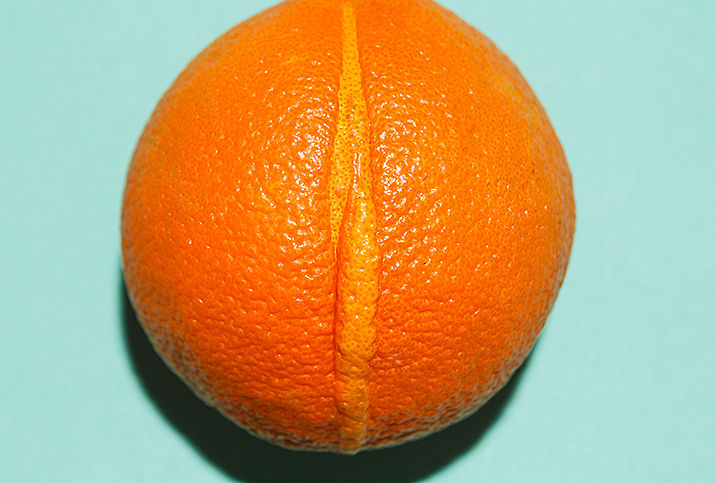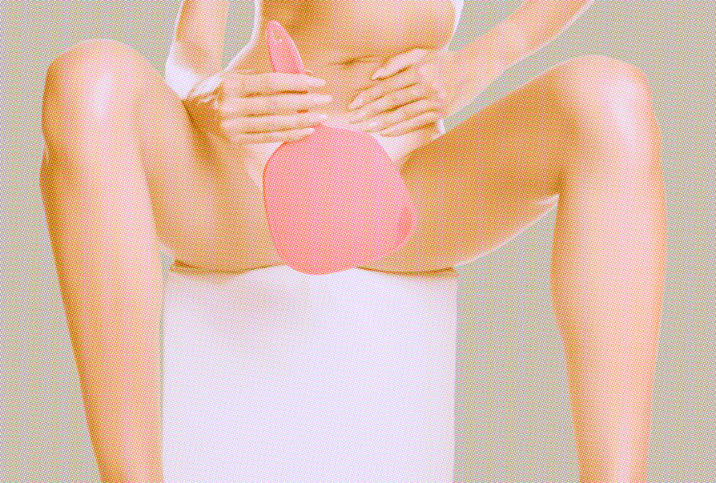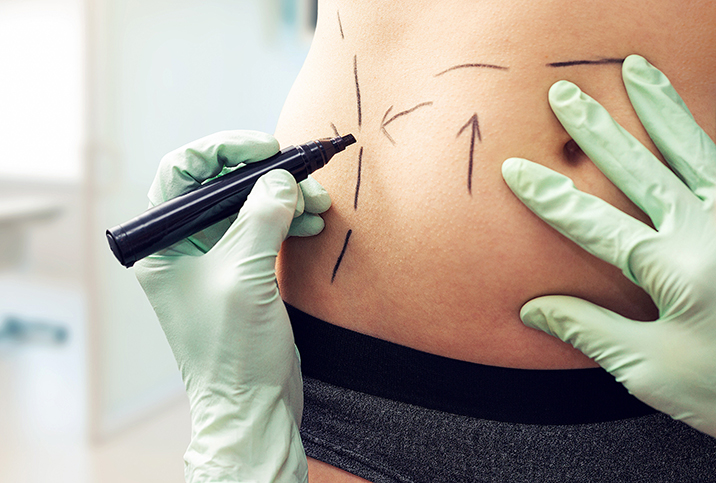What is Labiaplasty, and Why Are Women Getting It?

The prevalence of labiaplasties is on the rise. The procedure, which reshapes and often reduces the size of the inner vulva lips, can markedly improve a woman’s day-to-day comfort level. But just like any cosmetic surgery, it won’t make all of your problems go away. Read on to determine if a labiaplasty is right for you.
The procedure
Labiaplasty is a surgical procedure in which the labia minora (the inner lips of the vulva) are reshaped. In most cases, they are reduced in size by trimming away excess tissue so they sit inside the labia majora (the outer lips of the vulva). They also may be manipulated to appear more symmetrical.
Labiaplasty is performed under local or general anesthesia. This surgery is a big commitment. Healing can take up to four to six weeks, and women need to be aware of the limitations during this postoperative period. Loose-fitting clothes and pain medication for the first few days can help with any discomfort. Most patients are back to a normal routine within several weeks and can resume intercourse in four to six weeks. Beyond typical surgical risks (bleeding, hematoma, infection), this procedure has few complications. The results are lifelong, and repeat or revision surgeries are not usually required, even after childbirth.
Why some women get it
The American Society of Plastic Surgeons (ASPS) reported that demand for labiaplasty rose by 39 percent in 2016. More than 12,000 labiaplasty operations were performed that year in the United States, and the demand continues to rise. Why?
Cosmetic reasons may be one answer: Some women don’t feel comfortable with inner labia that are visible beyond the labia majora. Discomfort with physical appearance can translate to discomfort and stress with being intimate. But while cosmetic reasons are a factor, they’re not the primary reason, according to the ASPS.
Enlarged labia minora can be the result of childbirth, aging and genetics. Longer labia minora are natural and normal, but they can rub against underwear and cause pain, especially during running, biking and other activities. Tight leggings or bathing suits may be uncomfortable for people with larger labia. This characteristic also carries an increased risk of urinary tract infections (UTIs) and can cause pain or discomfort during sex. This is not only frustrating but can have a measurable emotional toll.
Pros & cons
Labiaplasty can result in more comfort while exercising, decreased friction and rubbing, and improved confidence and self-esteem. A 2014 study found an impressive 91 percent of patients were satisfied with genital appearance after the procedure.
While most women are happy with outcomes, results are unlikely to be perfect. We’re all a little asymmetrical, and labiaplasty doesn’t mean you’ll suddenly have the perfect vulva, if that even exists. Additionally, of the women interviewed in a 2017 study, some said their labiaplasty didn’t improve issues with emotional discomfort around sex.
Potential drawbacks of the surgical procedure include scarring, sensitivity, numbness, chronic dryness or loss of sensitivity.
Labiaplasty considerations
Be honest with yourself about why you want labiaplasty. If the main reasons are cosmetic, that’s OK. You’re not wrong to want to change something about yourself; we all experience that at some point. But be sure you’re doing it for you, not for someone else, or to feel normal. If you’re uncomfortable with your body—and not just your labia—this procedure is unlikely to address your emotional discomfort. Consider speaking with a therapist.
Definitely take time to search the internet and take a close look at other women’s lady parts. You’ll soon come to realize no vulva is perfect, and a lot of them are asymmetrical. If a partner or someone else in your life is causing you to feel shame or to dislike your body, rethink the relationship. But if you are truly uncomfortable with your labia and they are causing you ongoing emotional distress or sexual discomfort, these are perfectly valid reasons to consider the procedure, and no one should question that motivation.
If practical reasons are your primary concern, you, too, may significantly benefit from the procedure. Consult with a good, board-certified plastic surgeon who is familiar with labiaplasty and its medical, psychological and emotional aspects. In addition, read reviews from women who have had the procedure, and discuss your feelings with friends, family or a partner if you feel comfortable.


















